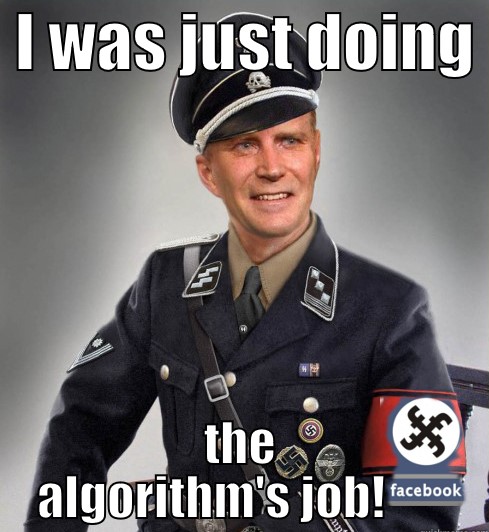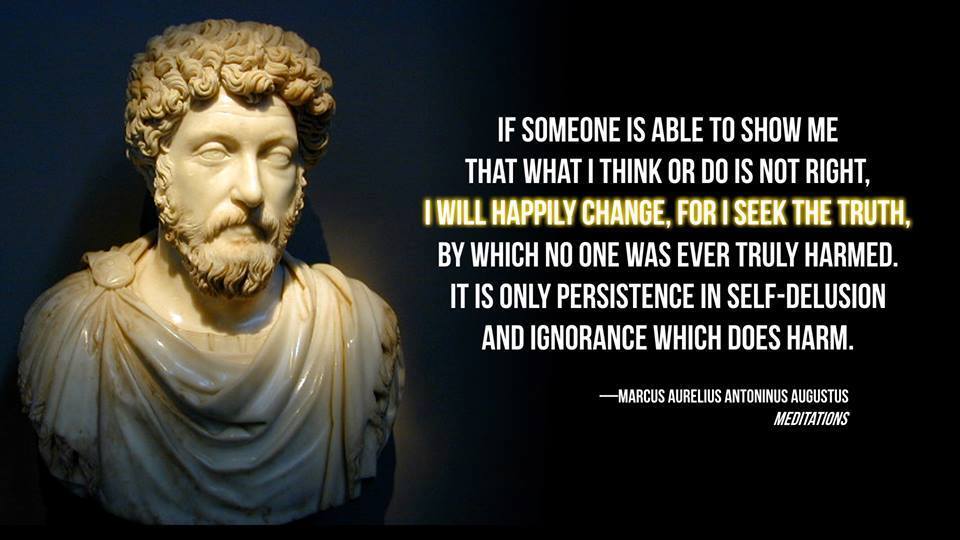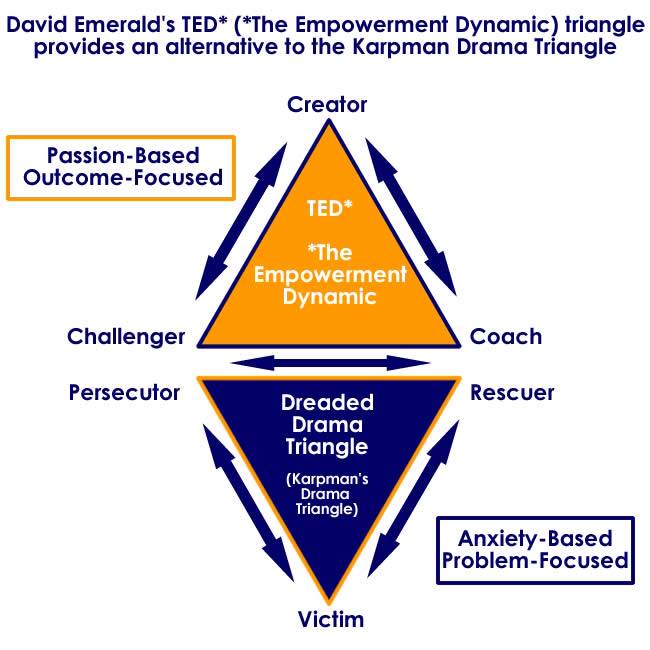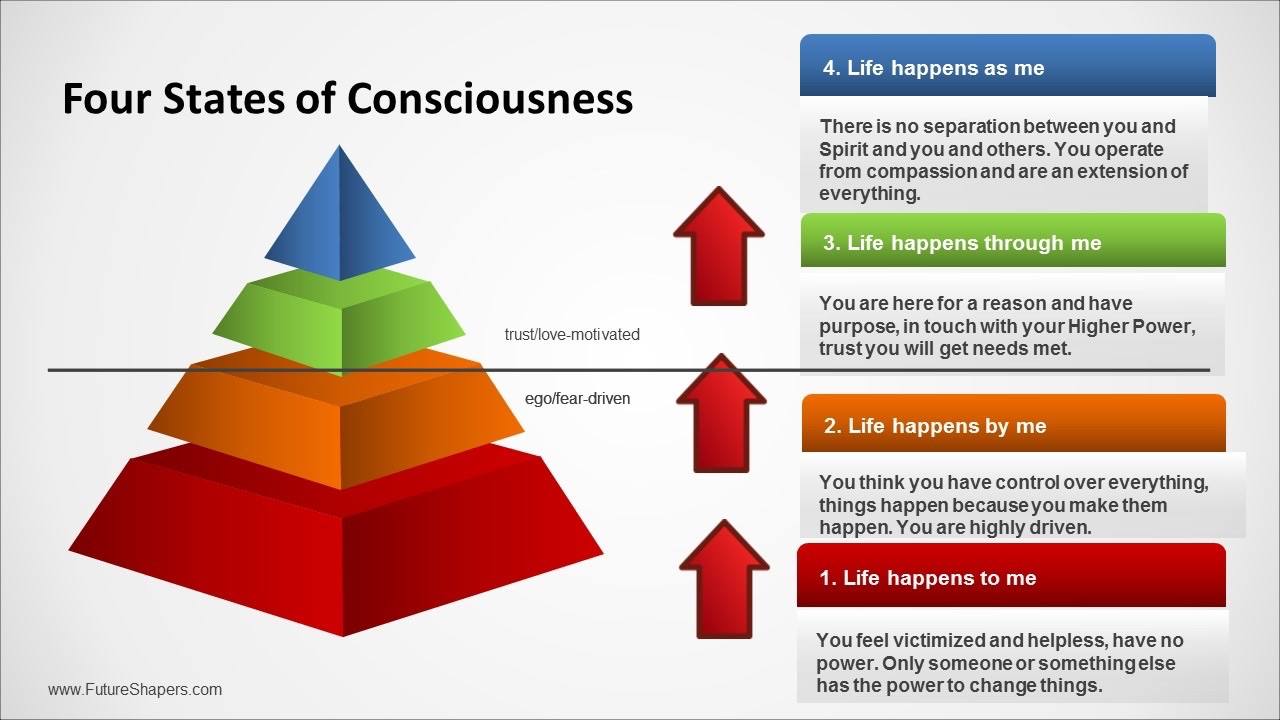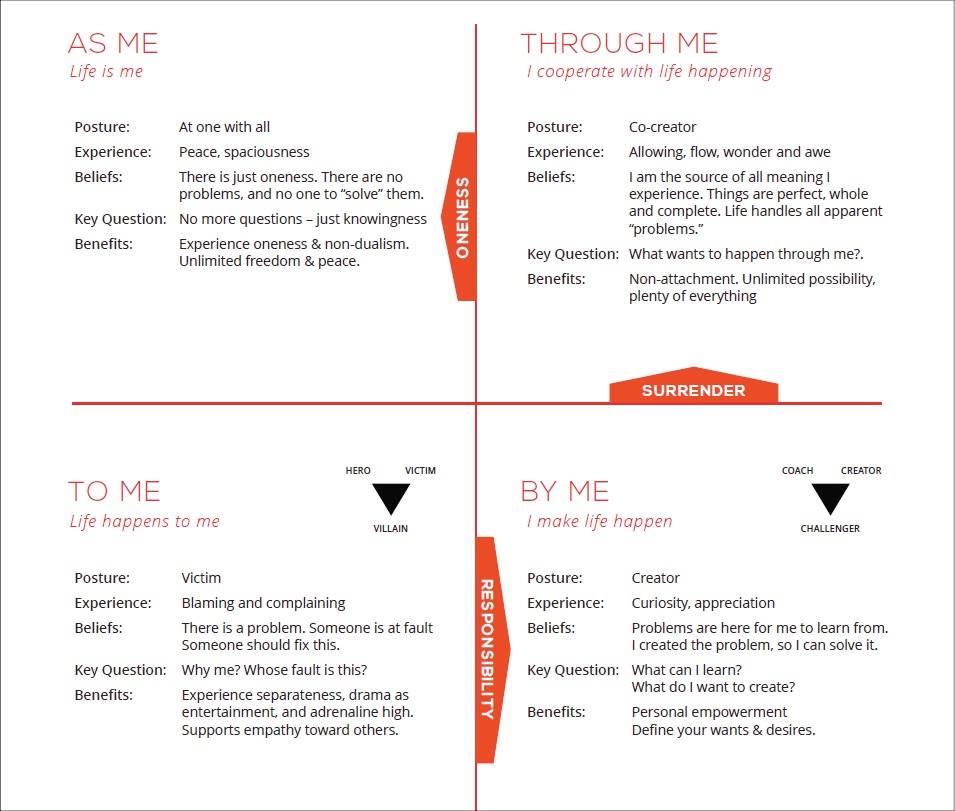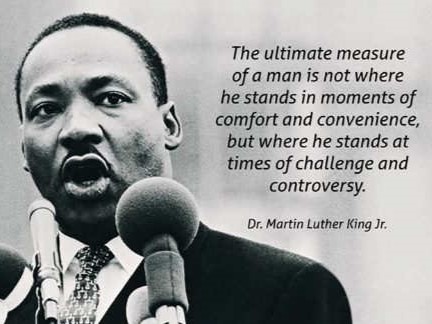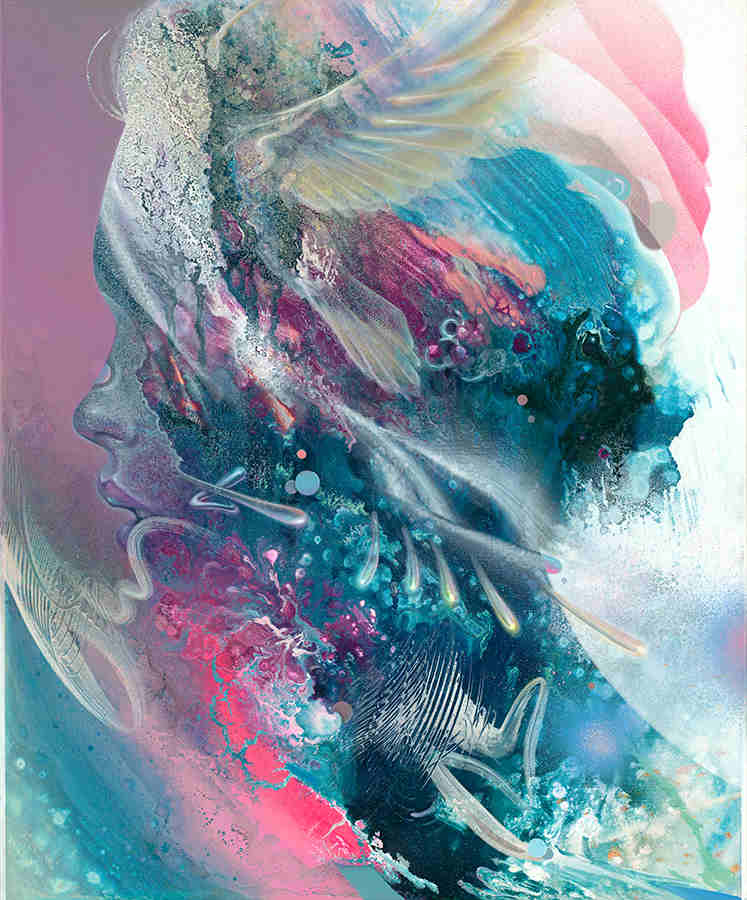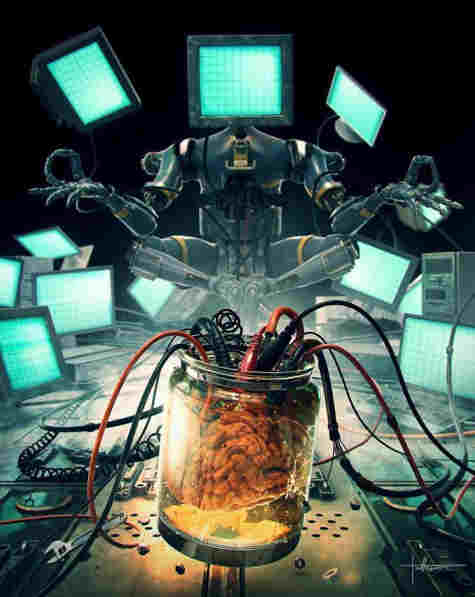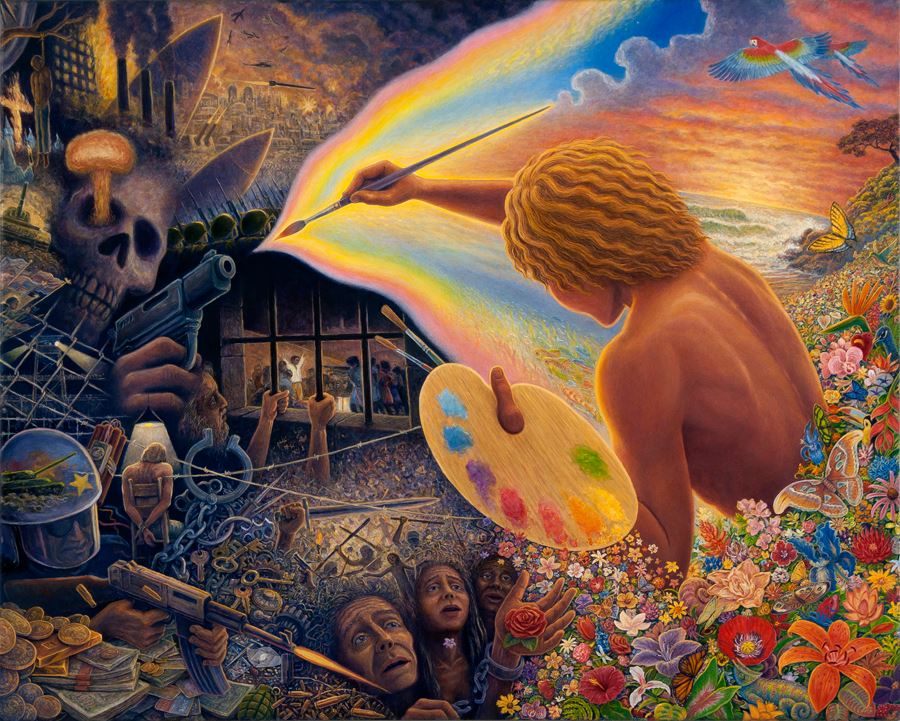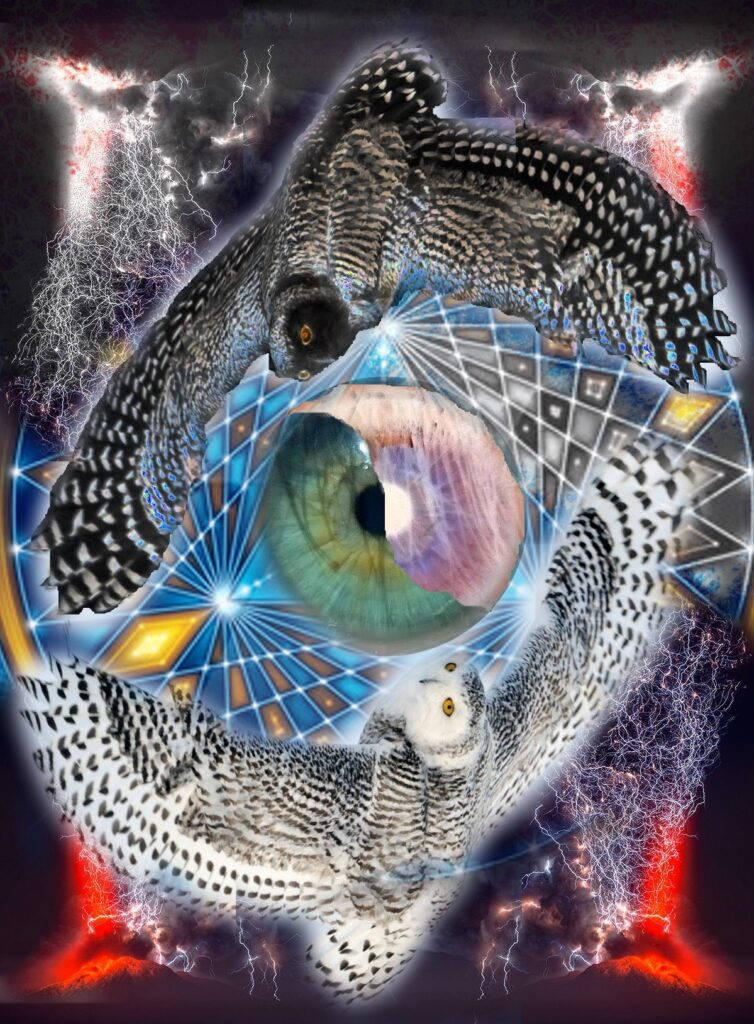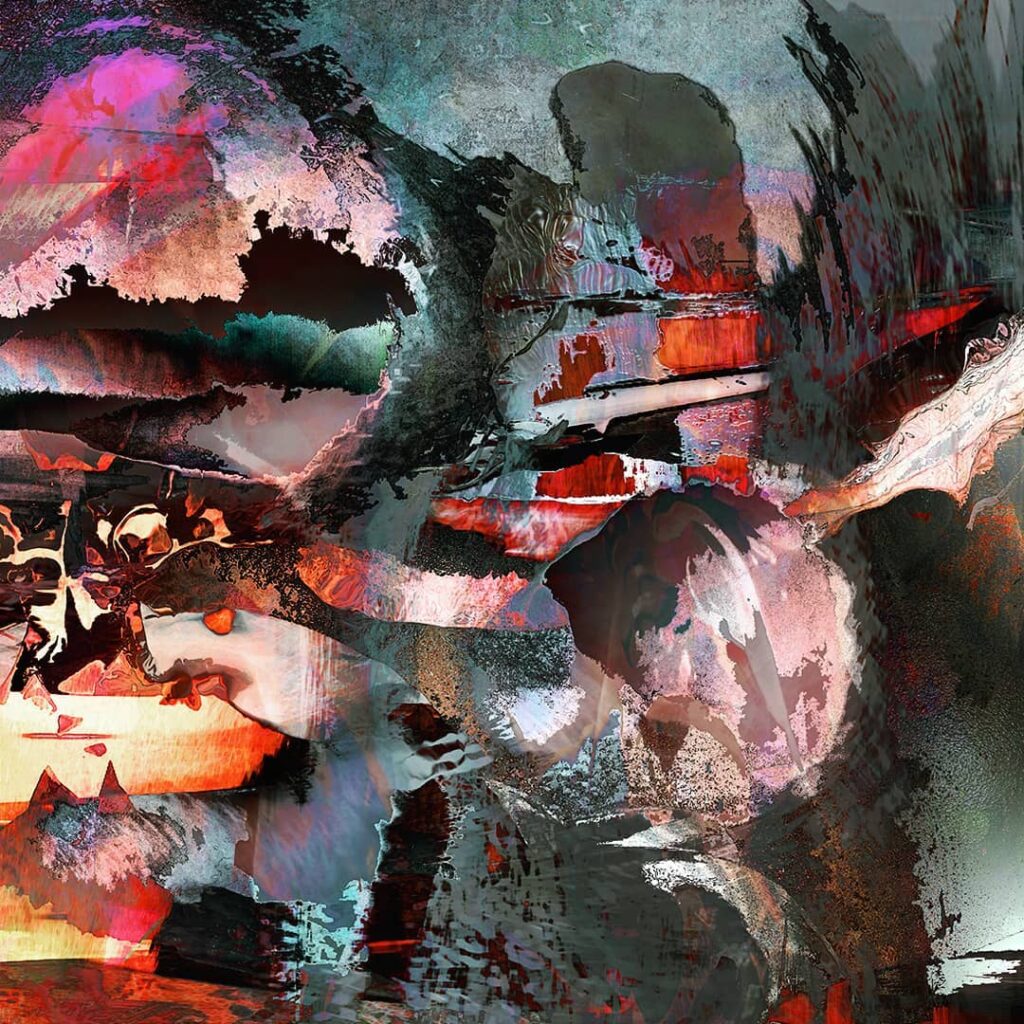"The worst sickness of men tends to originate in the sentimental way they try to combat their sicknesses. What seems like an easy cure, in the long run produces something worse than what it's supposed to overcome. Fake consolations always have to be paid for with a general and profound worsening of the original complaint." - Friedrich Nietzsche
"If there are only five people who will listen, who will live, who have their faces turned toward eternity, it will be sufficient. Of what use is it to have thousands who do not understand, who are fully embalmed in prejudice, who do not want the new, but would rather translate the new to suit their own sterile, stagnant selves? If I speak strongly, please do not misunderstand me; it is not through lack of compassion. If you go to a surgeon for an operation, is it not kindness on his part to operate even if he causes you pain? So, in like manner, if I speak straightly, it is not through lack of real affection, on the contrary." - Jiddu Krishnamurti
"If someone is able to show me that what I think or do is not right, I will happily change, for I seek the truth, by which no one ever was truly harmed. Harmed is the person who continues in his self-deception and ignorance." - Marcus Aurelius
"Let me never fall into the vulgar mistake of dreaming that I am persecuted whenever I am contradicted." - Ralph Waldo Emerson
"The real hopeless victims of mental illness are to be found among those who appear to be most normal. Many of them are normal because they are so well adjusted to our mode of existence, because their human voice has been silenced so early in their lives, that they do not even struggle or suffer or develop symptoms as the neurotic does. They are normal not in what may be called the absolute sense of the word; they are normal only in relation to a profoundly abnormal society. Their perfect adjustment to that abnormal society is a measure of their mental sickness. These millions of abnormally normal people, living without fuss in a society to which, if they were fully human beings, they ought not to be adjusted." - Aldous Huxley
"Our Republic and its press will rise or fall together. An able, disinterested, public-spirited press, with trained intelligence to know the right and courage to do it, can preserve that public virtue without which popular government is a sham and a mockery. A cynical, mercenary, demagogic press will produce in time a people as base as itself. The power to mould the future of the Republic will be in the hands of the journalists of future generations." - Joseph Pulitzer
"The true Mason is not creed-bound. He realizes with the divine illumination of his lodge that as Mason his religion must be universal: Christ, Buddha or Mohammed, the name means little, for he recognizes only the light and not the bearer. He worships at every shrine, bows before every altar, whether in temple, mosque or cathedral, realizing with his truer understanding the oneness of all spiritual truth." - Manly P. Hall
"Only in truth does charity shine forth, only in truth can charity be authentically lived. Truth is the light that gives meaning and value to charity. That light is both the light of reason and the light of faith, through which the intellect attains to the natural and supernatural truth of charity: it grasps its meaning as gift, acceptance, and communion. Without truth, charity degenerates into sentimentality. Love becomes an empty shell, to be filled in an arbitrary way. In a culture without truth, this is the fatal risk facing love. It falls prey to contingent subjective emotions and opinions, the word 'love' is abused and distorted, to the point where it comes to mean the opposite. Truth frees charity from the constraints of an emotionalism that deprives it of relational and social content, and of a fideism that deprives it of human and universal breathing-space." - Pope Benedict XVI
"The highest virtue is not virtuous. Therefore it has virtue. The lowest virtue holds on to virtue. Therefore it has no virtue." - Laozi
"God is Spirit, and those who worship Him must worship in spirit and truth." - John 4:24
"Why attempt to make plausible, or even interesting, to men and women consumed with passion, the experience of transcendental bliss? As dreams that were momentous by night may seem simply silly in the light of day, so the poet and the prophet can discover themselves playing the idiot before a jury of sober eyes. The easy thing is to commit the whole community to the devil and retire again into the heavenly rock dwelling, close the door, and make it fast. But if some spiritual obstetrician has drawn the shimenawa across the retreat, then the work of representing eternity in time, and perceiving in time eternity, cannot be avoided." - Joseph Campbell
"If those who lead you say, 'See, the Kingdom is in the sky,' then the birds of the sky will precede you. If they say to you, 'It is in the sea,' then the fish will precede you. Rather, the Kingdom is inside of you, and it is outside of you. When you come to know yourselves, then you will become known, and you will realize that it is you who are the sons of the living Father. But if you will not know yourselves, you dwell in poverty and it is you who are that poverty." - Jesus Christ
"God expects but one thing of you, and that is that you should come out of yourself in so far as you are a created being and let God be God in you." - Eckhart von Hochheim
"Live as if you were to die tomorrow. Learn as if you were to live forever." - Mahatma Gandhi
"You are as holy as you will to be." - John of Ruysbroeck
"This Self is not realizable by study nor even by intelligence and learning. The Self reveals its essence only to him who applies himself to the Self. He who has not given up the ways of vice, who cannot control himself, who is not at peace within, whose mind is distracted, can never realize the Self, though full of all the learning in the world." - Adi Shankara
"How can cosmic religious feeling be communicated from one person to another, if it can give rise to no definite notion of a God and no theology? In my view, it is the most important function of art and science to awaken this feeling and keep it alive in those who are receptive to it." - Albert Einstein
"It is the integrity of each individual human that is in final examination. On personal integrity hangs humanity's fate. You can deceive others, you can deceive your brain-self, but you can't deceive your mind-self — for mind deals only in the discovery of truth and the interrelationship of all truths. The cosmic laws with which mind deals are noncorruptible. Cosmic evolution is omniscient God comprehensively articulate." - Richard Buckminister Fuller
"See to it that no one takes you captive through hollow and deceptive philosophy, which depends on human tradition and the elemental spiritual forces of this world rather than on Christ." - Colossians 2:8
"Do not let anyone who delights in false humility and the worship of angels disqualify you. Such a person also goes into great detail about what they have seen; they are puffed up with idle notions by their unspiritual mind." - Colossians 2:18
"Blotting out the handwriting of ordinances that was against us, which was contrary to us, and took it out of the way, nailing it to his cross; And having spoiled principalities and powers, he made a shew of them openly, triumphing over them in it. Let no man therefore judge you in meat, or in drink, or in respect of an holyday, or of the new moon, or of the sabbath days." - Colossians 2:14-16
"Wherefore if ye be dead with Christ from the rudiments of the world, why, as though living in the world, are ye subject to ordinances, (Touch not; taste not; handle not; Which all are to perish with the using;) after the commandments and doctrines of men? Which things have indeed a shew of wisdom in will worship, and humility, and neglecting of the body; not in any honour to the satisfying of the flesh." - Colossians 2:20-23
"One who eats must not look down on one who does not eat, and one who does not eat must not judge one who does, because God has accepted him." ... "Do not tear down God's work because of food. Everything is clean, but it is wrong to make someone fall by what he eats. It is a good thing not to eat meat, or drink wine, or do anything that makes your brother or sister stumble. Whatever you believe about these things, keep between yourself and God. Blessed is the one who does not condemn himself by what he approves." - Romans 14:3 & 20-22




